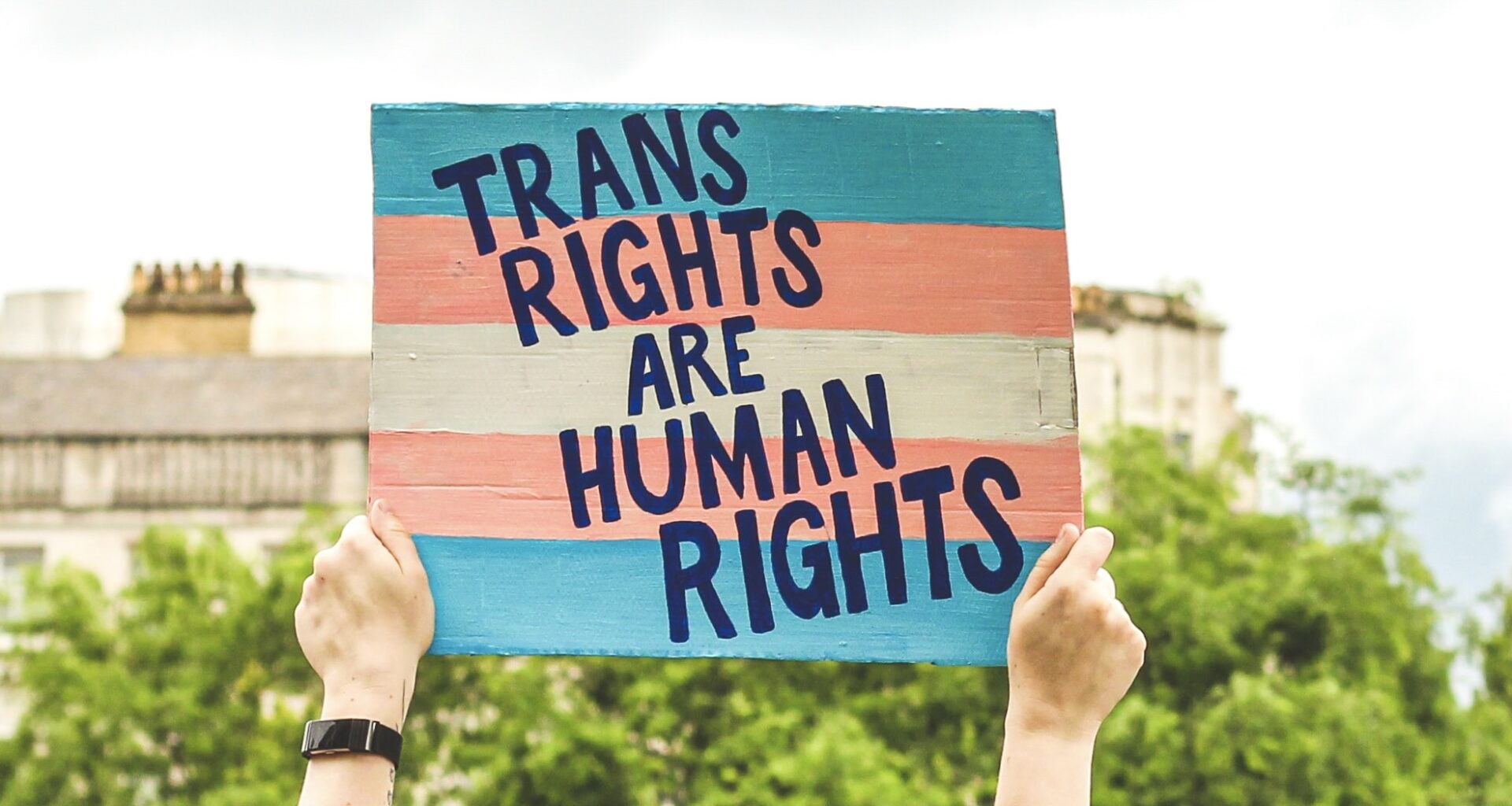UK government may block Scotland’s Gender Reform Bill
A Stonewall rep has stated that blocking the bill would be “spiteful” and a “mistake”

The Conservative government could potentially block Scotland’s groundbreaking Gender Reform Bill, according to reports.
UK ministers are willing to block a proposed bill that would allow trans people to obtain a gender recognition certificate without a medical diagnosis, The Times reports.
The Gender Recognition Reform Bill was passed in Scotland in December 2022 by 86 votes to 39.
Before applying for a gender recognition certificate (GRC), people will need to declare they’ve been living as their “acquired gender” for three months (six if they are 16 or 17), as opposed to the previous two years, and that they intend to live as their acquired gender. There will also be a three-month reflection period.
The age at which people can apply for a GRC is also being lowered from 18 to 16.
The bill is expected to come into effect in 2023. The process for obtaining a GRC remains the same for trans people living in England, Wales, and Northern Ireland.
It is claimed Scottish Secretary Alister Jack received initial advice the bill could be challenged, The Scotsman reported.
Jack said the UK Government shared “concerns that many people have regarding certain aspects of this bill, and in particular the safety issues for women and children.”
However, blocking the bill would be an unprecedented step and would harm the progress being made for trans people.
“Hampering progress on LGBTQ+ rights, and undermine the Prime Minister’s pledge”
Nancy Kelley and Colin Macfarlane of the LGBTQ charity Stonewall said in a joint statement that blocking the bill would be “spiteful” and a “mistake.”
“For the UK government to seek to block implementation of this Act would be disastrous for trans people, who deserve far better from their government,” he has tweeted.
“It would also profoundly undermine relationships with the Scottish Government and damage the UK’s international reputation as a rights-respecting nation.”
They added that interference would “[hamper] progress on LGBTQ+ rights, and undermine the PM’s pledge to govern with compassion.”
It is understood the UK Equalities Minister, Kemi Badenoch, has expressed concerns about Scotland’s legislation and met with Shona Robison, who led the bill.
It is understood the UK Government would examine the impact of Scotland’s legislation on the UK-wide 2010 Equality Act.
Then, order Section 35 can be implemented (blocking the bill) if there’s the belief it would affect UK-wide equality legislation.
The UK Government has until 19 January to make such an order.
